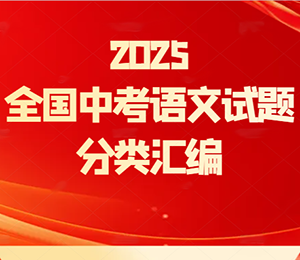山西大学附中2015-2016学年高三第一学期9月(总第一次)模块诊断英语试题
- 资源简介:
此资源为用户分享,在本站免费下载,只限于您用于个人教学研究。
约4050个字。
山西大学附中
2016~2017学年高三第一学期9月(总第一次)模块诊断
英语试题
考查时间:100分钟 考查内容:高考内容
第一部分阅读理解(共两节,满分60分)
第一节(共15小题;每小题3分,满分45分)
阅读下列短文,从每题所给的四个选项(A、B、C和D)中,选出最佳选项,并在答题卡上将该项涂黑。
A
I used to think of myself as a fairly open person, but my bookshelves told a different story. Apart from a few Indian novels and the Australian and South African book, my literature collection consisted of British and American titles. Worse still, I hardly ever read anything in translation. My reading was limited to stories by English-speathors.
So, at the start of 2012, I set myself the challenge of trying to read a book from every country in a year to find out what I was missing. As I was unlikely to find publications from nearly 200 nations on the shelves of my local bookshop, I decided to ask the planet’s readers for help. I created a blog called A Year of Reading the World and put out an appeal for suggestions of titles that I could read in English.
The response was amazing. Before I knew it, people all over the planet were getting in touch with ideas and offers of help. Some posted me books from their home countries. Others did hours of research on my behalf. In addition, several writers sent me unpublished translations of their novels, giving me a rare opportunity to read works otherwise unavailable to the 62% of the British who only speak English. Even so, selecting books was no easy task. With translations map only around 4.5 percent of literary worblished in the UK and Ireland, getting English versions of stories was difficult.
But the effort was worth it. I found I was visiting the mental space of the storytellers. These stories not only opened my mind to the real life in other places, but opened my heart to the way people there might feel.
And that in turn changed my thinking. Through reading the stories shared with me by bookish strangers around the globe, I realized I was not alone, but part of a network that spread all over the planet. (325 words)
1. Which of the following might be found on the blog A Year of Reading the World?
A. Unfinished novels by British writers. B. Research on English literature.
C. Lists of English version books. D. Comments on English literature.
2. Why was it hard for the author to select the right books to read?
A. The author could only read books written in English.
B. The author was only interested in a few topics.
C. The author had a busy schedule.
D. Most books recommended are not available in local bookshops.
3. The author is probably from _________.
A. America B. Canada C. Australia D. the UK
4. Which of the following words can best describe the author’s experience?
A. fast and effortless B. challenging but rewarding
C. hopeless but beneficial D. meaningful but fruitless
B
My oldest child, Emma, just returned to campus after a long holiday break to finish up her last period of college. These days, friends and family have begun flooding me with one question: What is she going to do after graduation?
The job market is, after all, awfully tough. Just this month the Federal Reserve Banblished a study showing that “recent graduates are increasingly working in low-paid jobs or working part-time.”The bright spot, according to the study, is for students who majored in STEM —science, technology, engineering and mathematics —areas in which recent graduates “have tended to do relatively well”.




